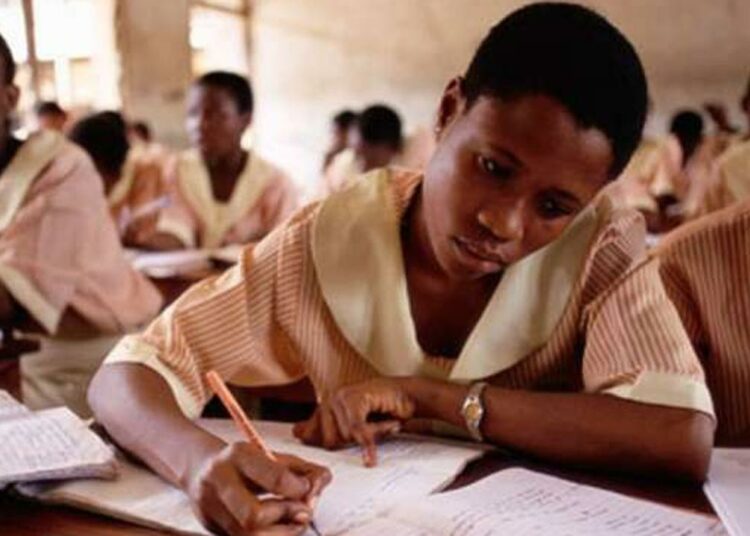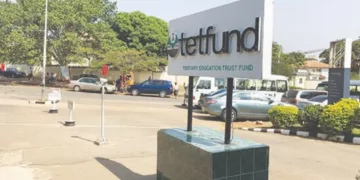Education stakeholders have called on the government to take decisive action to tackle the rise in examination malpractice across Nigeria.
They stated this at a stakeholders’ engagement aimed at addressing the pressing issue of examination malpractice in secondary schools in Abuja yesterday.
Speaking, the deputy director of Examination at the National Examination Council (NECO), Toyin Adewale, appealed to the Nigerian government to urgently address examination malpractice, describing it as a national crisis with roots in economic and educational issues.
Adewale dissected the factors that have contributed to the rise of malpractice, tracing its growth over three decades.
According to her, examination malpractice escalated significantly with the rise of private secondary schools in Nigeria.
“Thirty years ago, there were hardly any private secondary schools. But as government schools declined in standards, wealthy individuals invested in private schools, turning education into a business venture.
“It is at that time that malpractice actually skyrocketed because the person who has invested his money want interest. So all what they’re after is get the job done and get more students. So any how the result is gotten does not matter so long as there is an evidence that we re doing well so that more students can come in.
“And now, our government schools are not funded well and teacher are not doing their best. So because the teachers are not doing their work because they are not properly paid so they are looking for other means. So the students in those schools are not well taught.”
Adewale stressed that inadequate funding and low teacher pay in public schools have compounded the issue.
“Teachers, who should be pillars of our educational system, are left demotivated due to insufficient salaries,” she noted, explaining that some teachers turn to exam malpractice as a side income. This reality has left students inadequately prepared and driven some supervisors to collaborate with schools to facilitate malpractice for financial gain.
“We need to return to the basics. “The government must invest more in public education, improve teacher salaries, and ensure that educators can work comfortably without the temptation of unethical shortcuts.”
She also called on parents to actively monitor their children’s academic journeys, emphasizing that education should be about genuine learning, not just high marks.
On his part, Shiwwua Mnenge, a Behavioural Insight Network for Transparency and Accountability (BINTA) fellow and programmes officer at accountability lab Nigeria, highlighted the far-reaching effects of malpractice on society.
Mnenge pointed out that malpractice isn’t solely a student issue; it’s a systemic problem implicating government bodies, examination boards, schools, teachers, and even parents.
He emphasised that a holistic approach is essential to tackling the malpractice epidemic. By ensuring that schools are well-funded, teachers are motivated, and accountability is prioritized, the Nigerian government can work towards an educational environment that values integrity and excellence.
“The government is not doing enough in terms of the sources that are deployed to schools and in terms of monitoring how these resources are utilized and I think that is where the major gap lies because if the resources are adequately provided and utilisation is monitored we may have reduced examination malpractice.”




